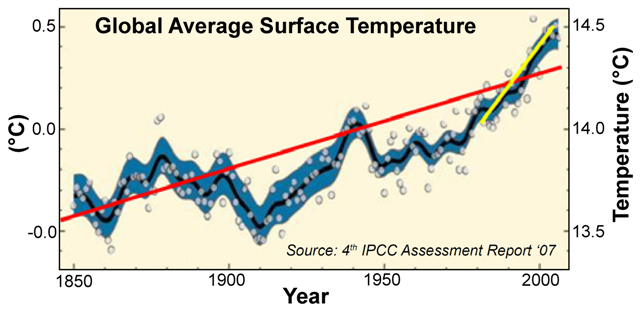10th Adapting to Changing Climate
Impacts on Water Management
Presenters
Greg Laves
Griffith University
Greg is the Deputy Program Leader of the Smart Water Research Centre's Integrated Urban Water Management Program. Greg has been involved in climate change and water research since 2007, as coordinator... Read more
Peter Waterman
University of the Sunshine Coast
Peter is a geographer-environmental planner with over 40 years professional experience working for governments, universities and the private sector. He has been actively engaged as a practitioner on a... Read more




